Data Science and Simulation in Transportation Research
New technology and changing social and economic environments have a potentially substantial impact on the travel behavior of individuals and households. Current thinking about transport policy is heavily influenced by the discussion on sustainable transport. An overview of latest state-of-the-art research about spatial-temporal micro-simulation methodologies for human mobility, grounded on massive amounts of big data of various types and from various sources (e.g. global positioning systems, mobile phones, and social networking sites) is also presented. Forecasting of the nationwide consequences of a massive switch to electric vehicles, given the intertwined nature of mobility and power distribution networks is explored. Many scientists have already pointed out that the goal of the social sciences is not simply to understand how people behave in large groups but also to understand what motivates individuals to behave the way they do. If this fundamental insight can be gained, it certainly is a large step forward towards the solution of this important challenge; it can help to better understand the dynamics of society and, in the longer run, have an impact on overall societal well-being. This book will help achieve some very novel objectives in the field of data-mining and transportation sciences.
{{comment.content}}
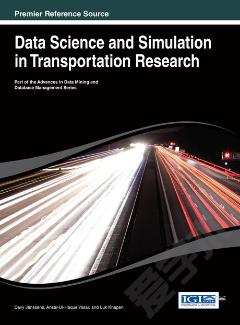
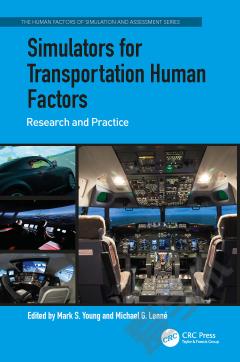
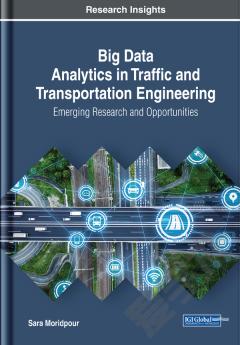
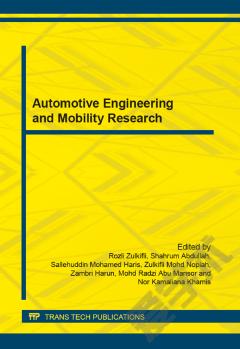
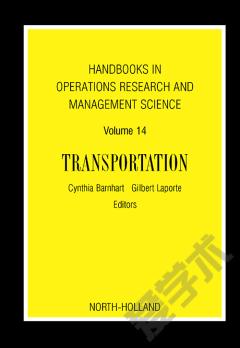
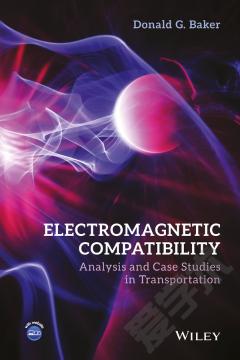


 京公网安备 11010802027623号
京公网安备 11010802027623号